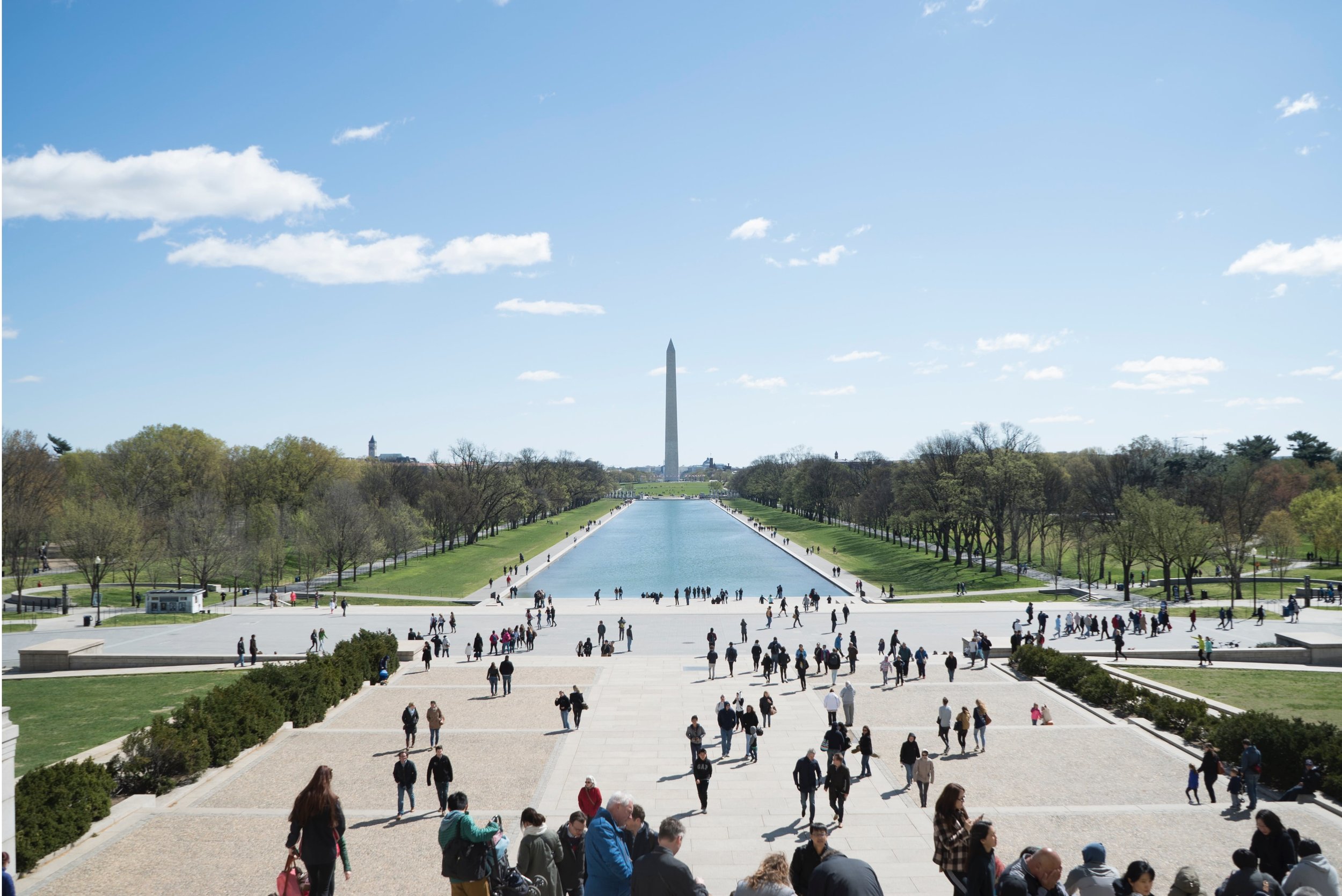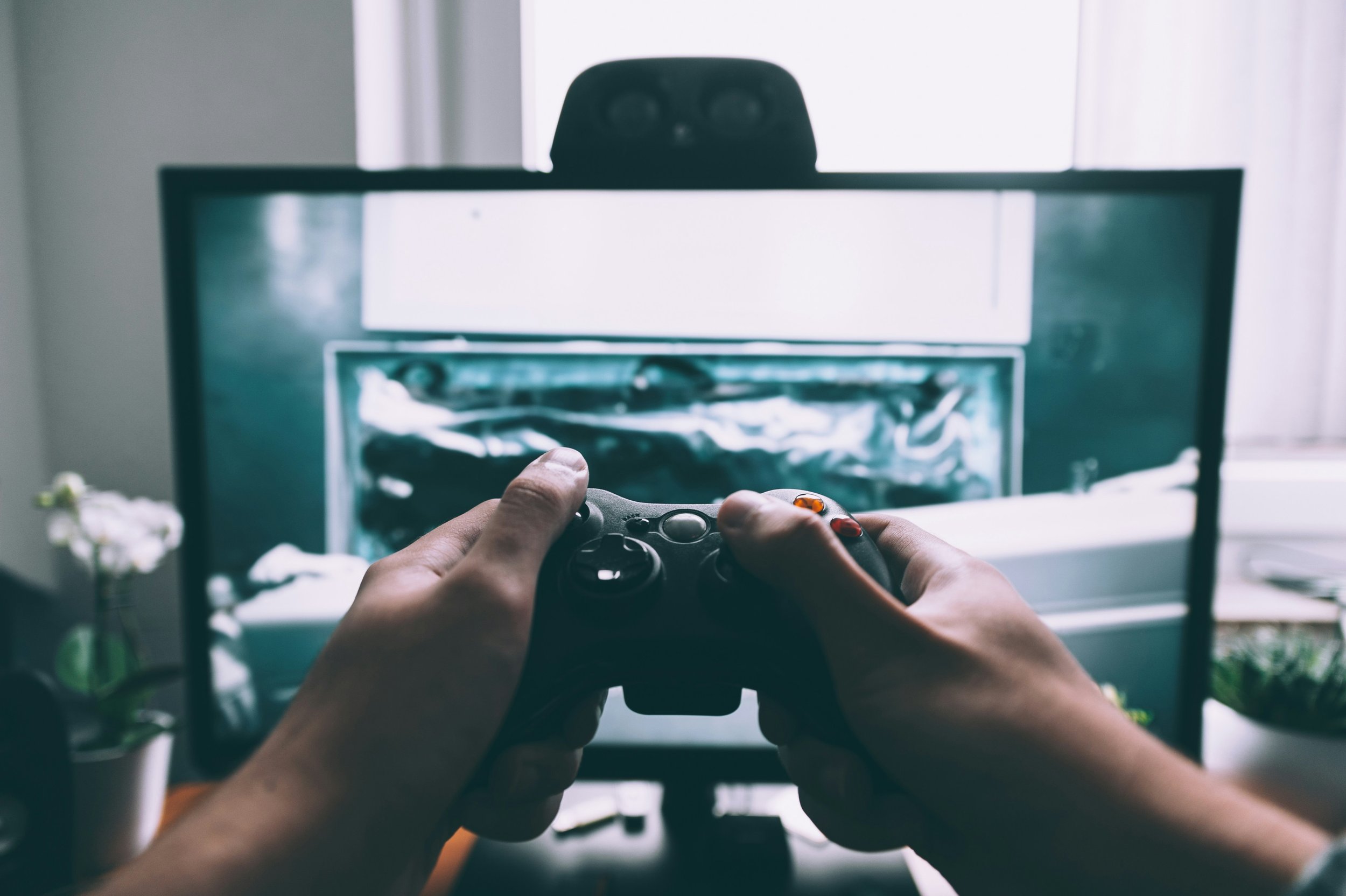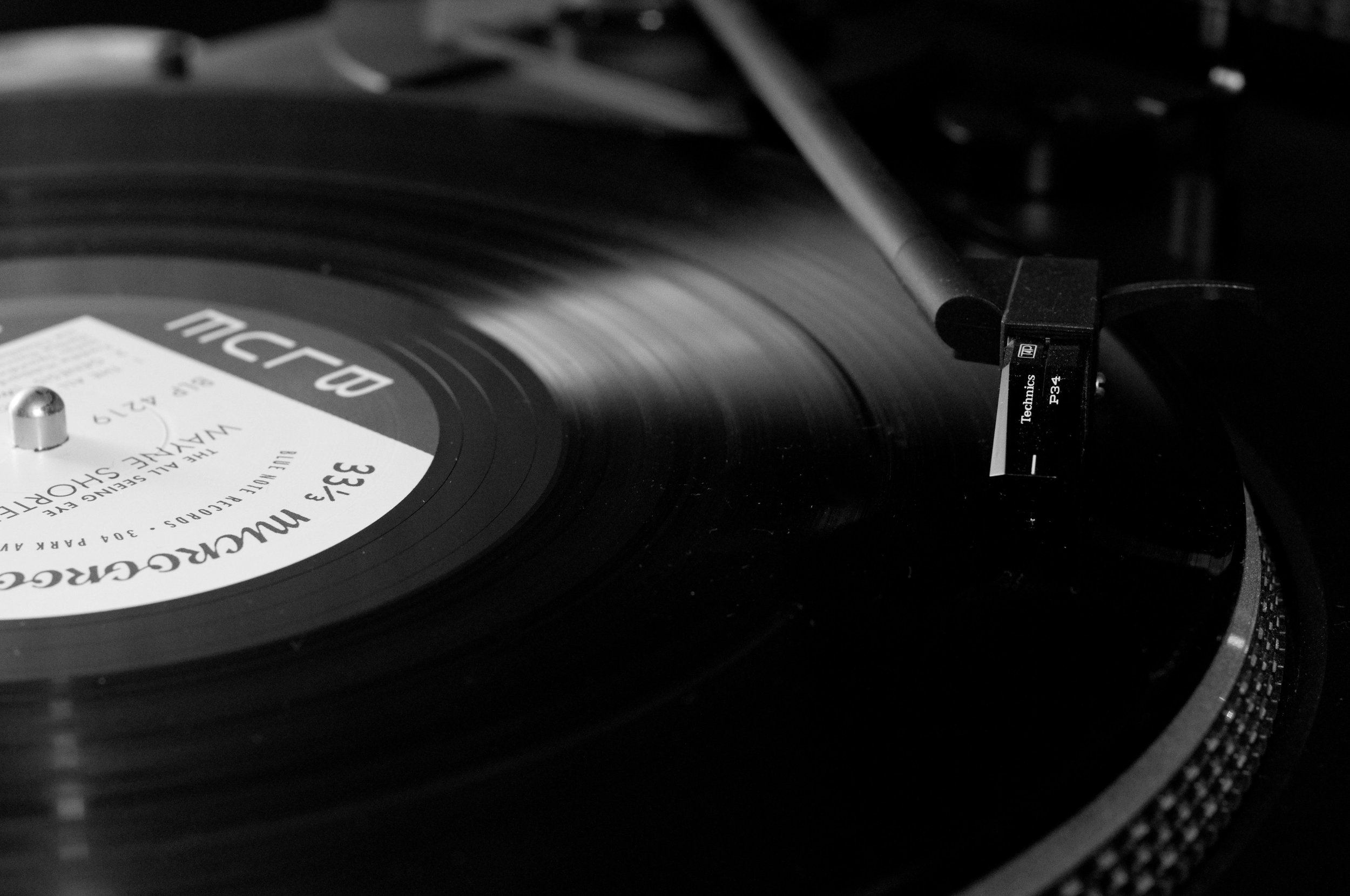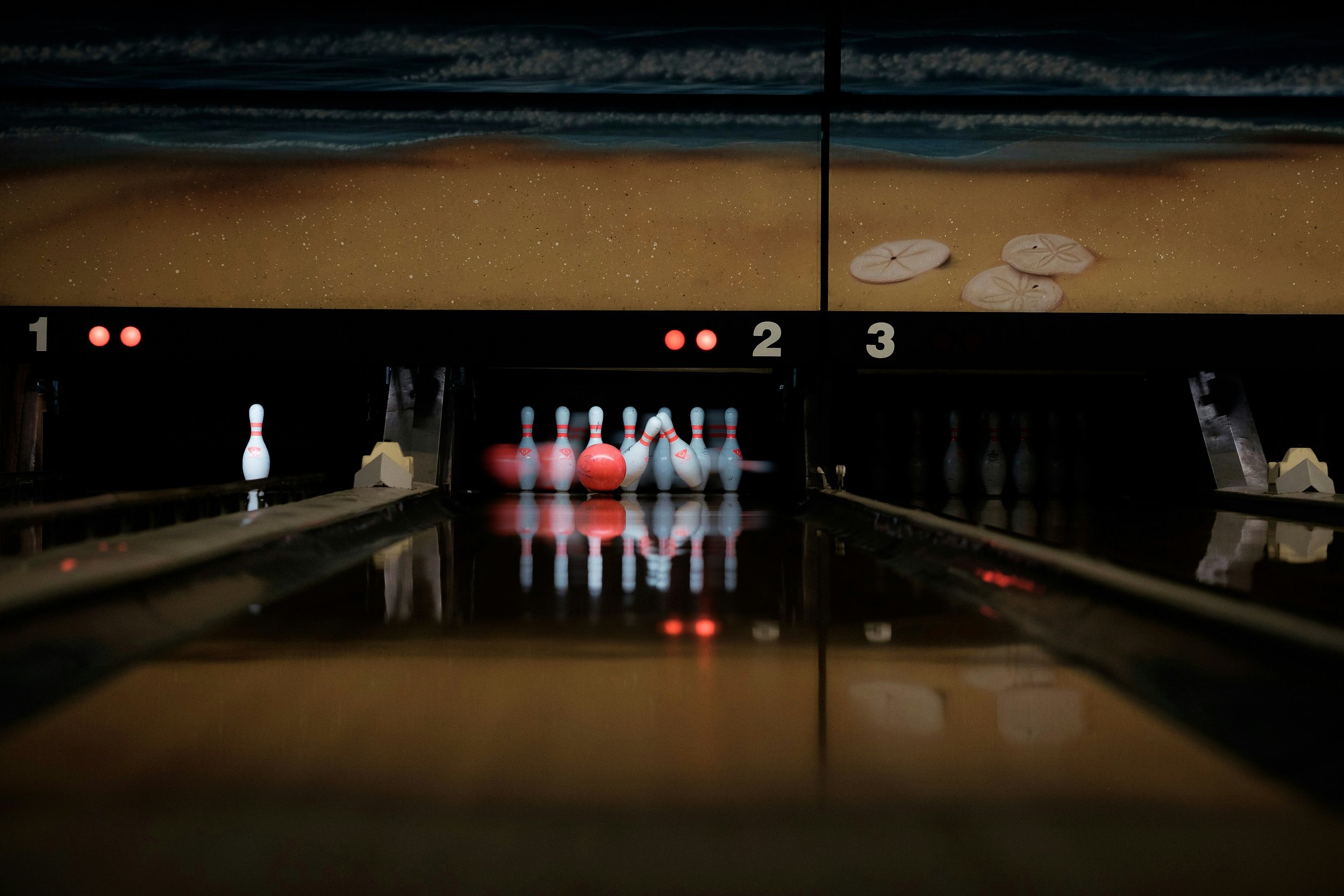Photo by Jacob Creswick on Unsplash
About a week after it all happened, a friend of mine texted me. He said he needed to talk.
I’d known Chris since the late 90s, when I lived in Salt Lake City Utah. Chris now lives in Nevada, in Las Vegas with his boyfriend. It’s not really relevant but they broke up in January sometime over increasing tension in their household. Chris’ boyfriend hadn’t voted in the election. It wasn’t something Chris could let go.
It was the first time we’d spoken in a while. Comments on Facebook. Tweets. Texts at New Years. This is how we’d kept in touch, but this was the first time we’d talked. And Chris was in tears. He didn’t understand how things could go this way. He didn’t understand how the country could vote like this. At time, I didn’t know what to say. I just listened and let him cry. “What’s going to happen to me?” he asked.
While I could appreciate his fear, I couldn’t share in it. I’m the opposite of Chris. I’m white. I’m male. I’m straight. While I am liberal, I can easily pass for conservative should an emergency require it. I can easily put on the façade of whatever is needed to survive. Chris can’t. While he’s not some flaming stereotype, Chris is clearly gay. Chris is black. Chris can hide nothing.
The third or fourth time we talked, Chris told me about buying a gun. He’d never owned one before. He’d never wanted one. He’d never needed one. Despite some close calls and a few some scary moments, Chris’ life was one that involved surprisingly little physical violence. He genuinely believed guns were mostly unnecessary in modern society. Now he wanted one. But not for the threat he saw coming.
Saturday morning, at around five or six am, Chris called me. It was two hours earlier in Nevada, so deep into the night for him. Even for a night owl, it was late. He had the phone in one hand and the gun in the other. His boyfriend was asleep in the next room. Chris wasn’t crying anymore. He was placid, exhausted.
He was scared.
I sat on my couch, the sun not even risen yet, talking to Chris. Listening to Chris. Hearing Chris. He was scared. It wasn’t just fear of his fellow Americans, fear of the people around him. It was something more visceral than that. It was something more fundamental than that. He wasn’t just afraid of what others would do to him, it was what they had already done to him.
The election of Donald Trump was like a mandate to Chris. A mandate at Chris. It was a declaration, and a loud one, that he wasn’t welcome in his own country. For millions and millions of Americans to support this racist, this homophobe, Chris felt like the entire country had turned its back on him. It was like humanity itself had revealed a level of detached hatred and disdain that Chris hadn’t known existed, didn’t know was possible.
Chris never cocked the gun. After about an hour, I persuaded him that strawberry pop-tarts would be better than a bullet. Fear is a potent poison, but even fear must give way to fatigue and Chris set about to eat something and go to sleep.
We’ve talked since then, although less and less frequently. That dull, throbbing pain lingers. That subtle paranoia when you see a person walking down the street. Do they care that you exist, or do they not? Do they think you have the right to exist, or do they think ‘somebody should do something about your kind’? The fear doesn’t go away. Long after Donald Trump is gone – in whatever form that takes – that fear will remain.
Chris doesn’t talk like he used to. His voice isn’t quite so flamboyant. Nor are his words quite so eager. In pictures he posts online, in the rare Skype called we’ve had, his smile has grown guarded and smaller. Chris isn’t scared anymore, but I’m not sure he’ll ever stop being afraid.
And I can’t blame him.
Robert V Aldrich is an author and lecturer based out of Raleigh North Carolina. He's published multiple novels, innumerable short stories, many articles on a wide range of topics, and is a leading expert at losing arguments to his cats.










